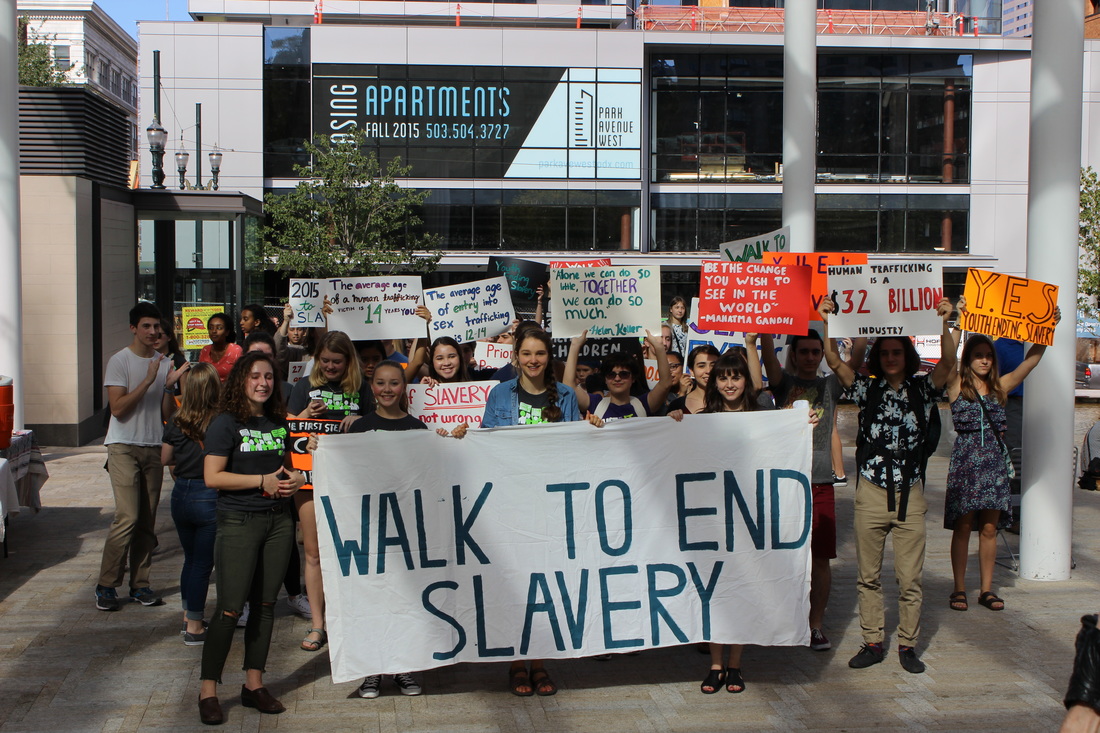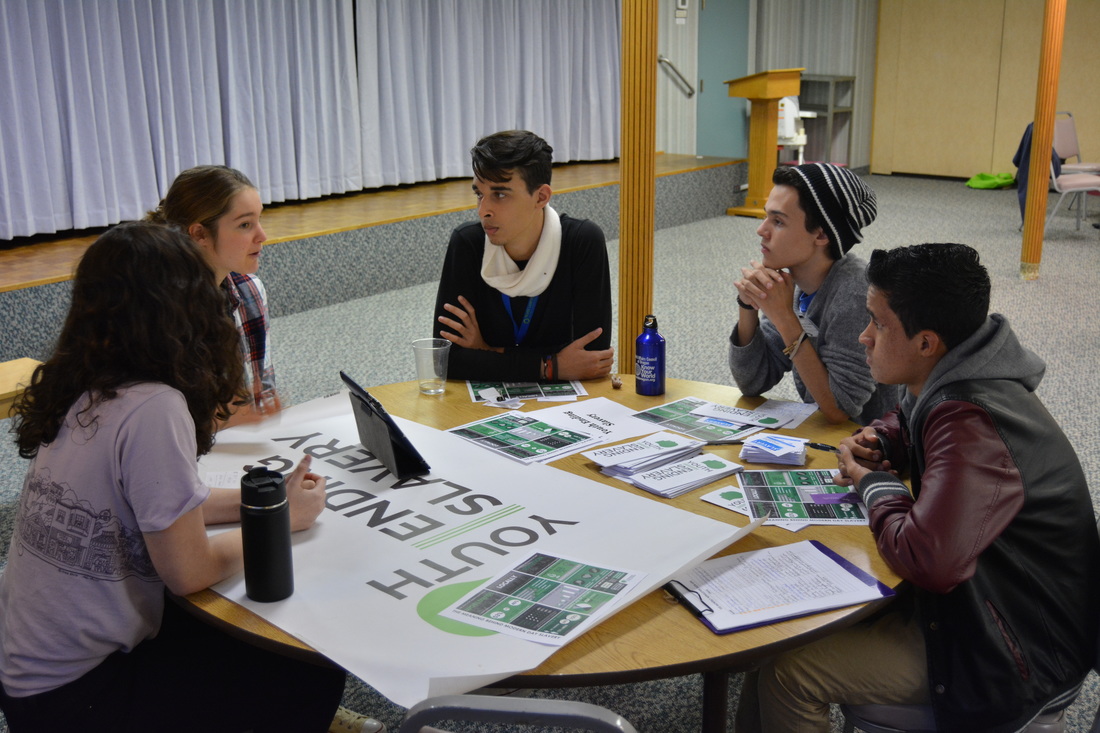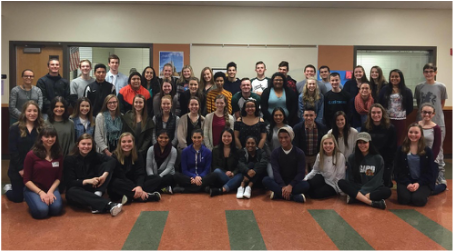“Because of the misconception that slavery is a crime of the past, people often assume that modern-day slavery looks the same as historic slavery. They assume that it is still an injustice that is solely based on racism and enforced labour.”
Slavery is prohibited under the 1948 Declaration of Human Rights. It states that “no one shall be held in slavery or servitude: slavery and the slave trade shall be prohibited in all their forms.”
Although slavery was legally abolished by most countries 150 years ago, it is still prevalent today around the world—and, shockingly, there are now more slaves than ever before. Whether through forced labour, human trafficking or marital and sexual slavery, it is estimated 21 million people are classed as slaves around the world at any one time.
On International Day for the Remembrance of the Slave Trade and its Abolition, the IPF spoke to Katy Foley, the 17-year-old President of Youth Ending Slavery (YES), a not-for-profit run purely by young people who are taking aim at slavery in all its forms. Based in Portland, Oregon, YES’s mission is to combat modern-day slavery by raising awareness about its prevalence and empowering youth to be advocates for change.

Youth Ending Slavery is a not-for-profit run purely by young people who are taking aim at slavery in all its forms. [Image credit: Katia Mrdjan]
According to Katy, the organisation is run entirely by young people because “the rising generation has both the opportunity and responsibility to create a world where unjust practices for profit are not tolerated.” They do this through awareness-based events, classroom presentations and influencing legislation. Katy said:
“Slavery is commonly mistaken as a crime of the past, an atrocity that was made illegal [in the US] over 150 years ago. However, this is not the case […] Not only is it an injustice that affects far too many, but it is also a crime that is rapidly growing.”
It’s something she calls the world’s “fastest growing criminal industry”—one worth $32 billion.
Modern-day slavery: targeting the vulnerable
While historic slavery targeted people primarily on race, modern-day slavery doesn’t discriminate based on ethnicity.
“Because of the misconception that slavery is a crime of the past, people often assume that modern-day slavery looks the same as historic slavery,” Katy said.
“They assume that it is still an injustice that is solely based on racism and enforced labour.”
Slavery of the 21st century targets the vulnerable. In fact, 90 per cent of sex trafficking victims experienced abuse as children. And while those who live in poorer countries are more vulnerable because of poverty and lack of education, in the United States there are currently 200,000 children at risk of trafficking. The average victims enters the sex trade between 12-14 years old.
Homelessness, poverty, and abuse all intersect with each other to increase vulnerability and further a cycle of injustice.

YES strives to create a better world through awareness-based events, classroom presentations and influencing legislation. [Image credit: Katia Mrdjan]
Consumers: keeping slavery afloat
There are many factors which keep slavery a thriving industry. Lack of education, corruption in government and law enforcement, poverty and injustice all keep slavery afloat. But there is one thing that underpins them all—demand.
Katy stressed: “As long as there is a demand for cheap products and human beings this crime will continue.”
And while it may seem that the average person has little to do with modern-day slavery, the reality is that consumers fuel it. Katy recommends consumers to visit websites such as free2work.com and slaveryfootprint.com to ensure products are ethical.
“As a modern consumer it’s easy to take our products for granted. We judge products without often putting much thought into where they came from, who made them and under what conditions. Companies work very hard to hide this information from us, which is why we need to educate ourselves about where our products come from.”

“We are the rising generation and we have the power to shape a world that we want to live in.” [Image credit: Katia Mrdjan]
Take action
With such complex factors keeping slavery flourishing, how can we abolish it for good?
“We need to stop this demand and therefore stop the trade,” Katy said, “my hope is that, yes, one day modern-day slavery will be abolished. Every positive action made against this issue will be for a greater good and will be saving the lives of many.”
She urges people to get involved with YES and other organisations combatting forced labour. Change the way we shop, write letters to local ministers and donate to organisations as small ways to get involved. On a personal level, Katy believes in the power of the individual voice:
“We are the rising generation and we have the power to shape a world that we want to live in.”
Katy’s comments come just as the UK’s Salvation Army reported a fivefold rise in the number of slavery victims it has helped in England and Wales since 2012. The charity said most people they supported were victims of sexual and labour exploitation
Sarah Newton, minister for safeguarding, vulnerability and countering extremism, welcomes the increase as a “sign that our efforts to shine a light on modern slavery are working.”
Find out more about YES by visiting their website, like them on Facebook and follow them on Twitter.

